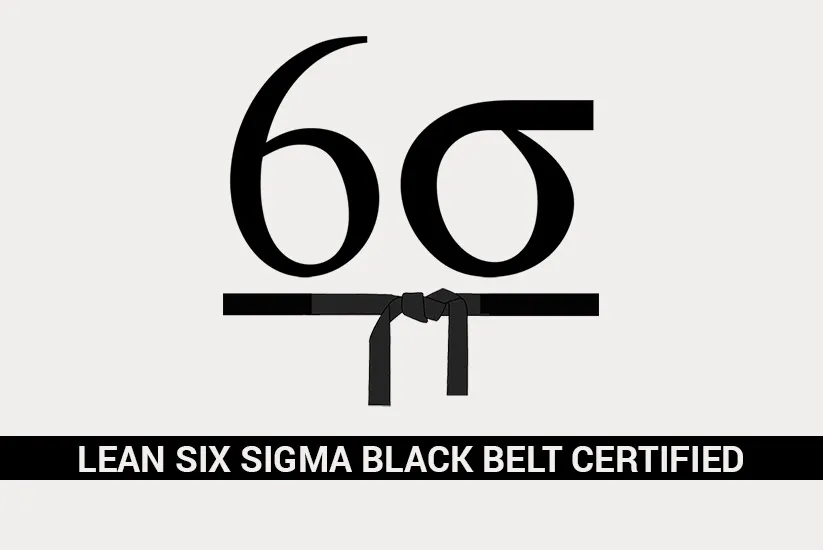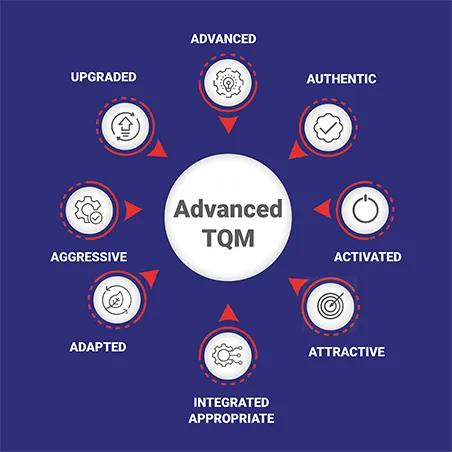
How Does Being Lean Six Sigma Green Belt Certified Help?
February 23, 2017
Do You Follow These Total Quality Management Principles?
March 8, 2017Do You Wish To Become Six Sigma Black Belt Certified?
The process of Six Sigma was introduced by engineer Bill Smith working at Motorola in 1986, which was then included in business strategies at General Electric in 1995 by Jack Welch. Ever since, the Six Sigma principles have been used in various industries; and today, a good number of organizations have started offering Six Sigma certifications to their employees.
Achieving the Six Sigma Black Belt certification can be of massive benefit to your career. The skills, knowledge and prestige that come with this level can help you move up ranks of the upper management within your company and make you a much preferred candidate as compared to the others. However, you need to put in enormous amount of time and efforts to obtain this level of skill.
Professionals with Black Belt certification have a great understanding of the Six Sigma principles, and have the ability to apply them in a manner than the business functioning can be improvised so as to remain competitive. Even though an individual is not Green Belt certified, he can attain Black Belt certification. However, the professional must have a thorough understanding of all the aspects of the DMAIC model in accordance with the Six Sigma principles. Also, he must have a basic understanding of the Lean concepts so that he is able to use specific Lean tools.
In order to attain a Black Belt certification, the candidate must enroll with a certified and authoritative body like TQMI, who provides the most professional and exceptional training to achieve Six Sigma Black Belt certification in India. The candidate must obtain basic training on Black Belt course material and then sit for the exam, which is to be passed with the minimum passing score cut-off. He then is required to complete a few Six Sigma projects to show that he is capable of applying the methodology in order to save an organization a significant amount of money.
However, before opting for this certification, there are a few requirements that are to be met. You need to demonstrate that you are qualified for taking up the certification, or else you will need to look into Green Belt certification first so that you are better prepared for the higher Black Belt level. The requirements vary from one training provider to another. Therefore, you need to do a research and choose a training provider carefully based on the curriculum, budget and time constraints. However, the basic requirements would be to undertake at least one Six Sigma project during the training and to have experience in leadership, because Black Belts are considered to be the team leaders within the Six Sigma hierarchy.
This means that a Black Belt professional has a long promising career ahead of himself. After achieving this certification, the professional is required to demonstrate team leadership, understand team dynamics, and assign team members roles and responsibilities. He is responsible for supervising and managing the Six Sigma efforts by lower level professionals like Green Belts, Yellow Belts, and White Belts. This is why he must be able to clearly explain the Six Sigma philosophies, principles, and tools. After all, he is going to be the role model for all! So, are you capable of being Black Belt certified?





